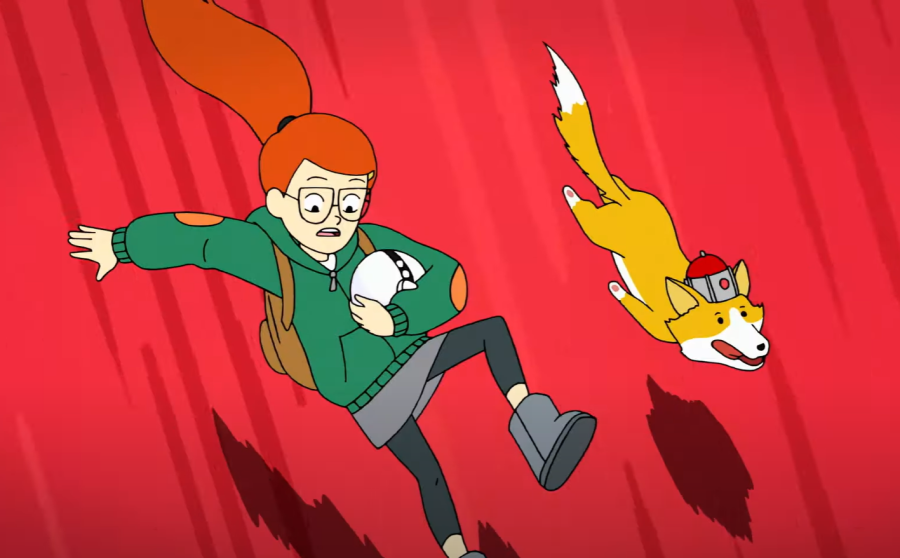Animated Content Removal on HBO Max Symbolic of Larger Industry Problem
September 19, 2022
In the early weeks of August, nearly 40 television shows found themselves yanked off of HBO Max without warning. Surprisingly, the explanation for this action is just as baffling.
New Warner Bros. Discovery CEO David Zaslav began his position at the company post-merger with $3 billion in debt to take care of. Zaslav’s strategy is to push the cheap, unscripted reality television that has generated Discovery ample revenue over more expensive, scripted content.
What was the first to go onto the chopping block? Animation.
Just Good Business?
Shows like “Infinity Train” and “Summer Camp Island” were pulled from HBO Max with little acknowledgment given to their creators. A new season of “Mao Mao” had barely been finished before it too was axed, meaning those newly completed episodes will never be seen.
Hollywood is a business, and all businesses make decisions that will benefit them monetarily first. By removing these shows, Warner Bros. Discovery can classify them as tax write-offs and not need to pay the creators or any of the people who worked on them any residuals.
Live-action projects such as the $90 million “Batgirl” movie were unceremoniously cut for the same reasons as well, but the fact that the majority of the projects scrapped were animated speaks to a larger issue when it comes to how animation is viewed by the entertainment industry.
“If you ask the majority of people who live in Hollywood and whose livelihood comes from the 1000+ live-action Hollywood releases each year, they view animation as secondary,” University of Utah film professor and former animator for Walt Disney Feature Animation Craig Caldwell said in an email interview. “This perception is influenced by animation’s past reputation as something just for kids.” Animation being viewed as secondary to live-action content is nothing new, unfortunately, but it does not mean it is any less valuable.
The Human Cost
In a newsletter shared on his personal blog, “Infinity Train” creator Owen Dennis said, “What is the point of making something, spending years working on it, putting in nights and weekends doing their terrible notes, losing sleep, and not seeing our families, if it’s just going to be taken away and shot in the backyard?”
“The Hollywood system has been heartless from the beginning. It will continue that way because there are so many people that want to work in the industry,” Caldwell said. “When you encounter such a situation, all you can do is learn from it, and use this information for the next production you work on so it does not happen too often to you.”
Animators work for hundreds of hours with very tight schedules and overbearing executives looking over their shoulders, the whole time knowing that their hard work could be flushed down the drain at any minute. What Zaslav has done has made this unfortunate reality depressingly clear.
“Animated projects take so much effort, it sometimes hurts my head thinking about it,” Caldwell said.
Economists estimate that Warner Bros. Discovery potentially lost $20 billion in their effort to save $3 billion after attacking their own garden of content with a bushwhacker. Still, only time will tell if Zaslav’s play will pay off.
As If They Never Existed
Today, there is no way to watch or support any of the animated shows that were scrapped. All trace of them has been scrubbed from official social media accounts as if they never existed in the first place,
But that does not mean there is nothing that can be done. Many of these showrunners, writers, voice actors and animators will go on to work on other projects — projects that will hopefully garner success on a platform more appreciative of their value.








